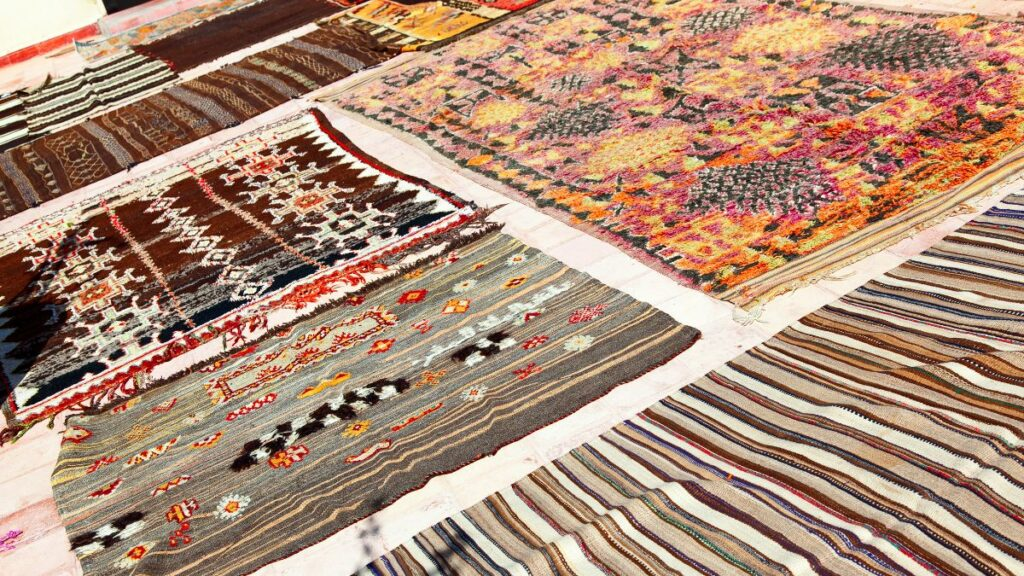
Sustainable Practices in Moroccan Rug Making
As the world becomes more environmentally conscious, the importance of sustainability in craftsmanship cannot be overstated. Moroccan rug making, rooted in tradition, embraces sustainable practices that benefit both artisans and the environment. This article delves into the eco-friendly elements of Moroccan rug production.
Sourcing Materials Responsibly
Many Moroccan rug makers are dedicated to sustainability by sourcing materials locally. Natural fibers such as wool and cotton, often obtained from local sheep and plants, reduce transportation emissions and support local agriculture. The use of natural dyes from plants, fruits, and minerals further emphasizes an eco-friendly approach, ensuring that the production process is not harmful to the environment.
Supporting Local Communities
The rug-making industry is a significant source of income for many rural communities in Morocco. Artisans rely on fair trade practices, ensuring they receive equitable compensation for their work while preserving traditional methods. By supporting local artisans, buyers contribute to the sustainability of communities and help maintain cultural heritage. This connection fosters a sense of pride and identity among the weavers, encouraging them to continue their craft.
Preservation of Traditional Techniques
Modernization poses a challenge to traditional rug-making techniques. However, many artisans strive to preserve these methods, which often involve time-consuming processes passed down through generations. Techniques such as hand-weaving and natural dyeing require skill and dedication, and the commitment to maintain these practices is essential for sustaining the cultural landscape of Moroccan textiles. Supporting artisans who adhere to traditional practices promotes a sustainable future for the craft.
Reducing Waste Through Creativity
Many Moroccan artisans find ways to reduce waste by using scraps of material and leftover dyes to create new designs. This creative reuse not only minimizes waste but also showcases the ingenuity of the weavers. Rugs made from recycled materials, such as remnants from previous projects, embody the spirit of sustainability and resourcefulness, offering unique and eclectic pieces for consumers.
The commitment to sustainability in Moroccan rug making reflects a harmonious relationship between artisans, their communities, and the environment. By choosing to purchase a Moroccan rug, you’re not only investing in a beautiful piece of art but also supporting responsible practices that benefit the planet and the people who create these extraordinary textiles.
